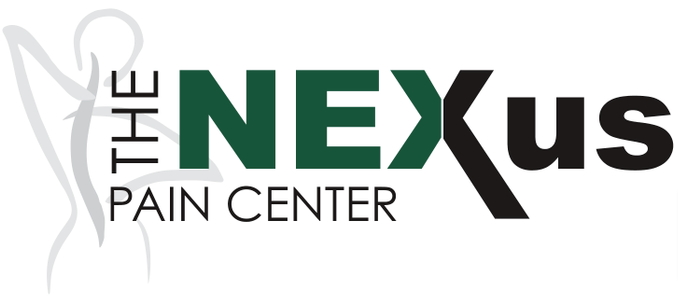Getting quality sleep is one of the most important parts of managing chronic pain—but it can also be one of the hardest. Pain disrupts rest, and poor sleep can actually worsen your body’s ability to recover. Whether you’re dealing with lower back pain, a herniated disc, sciatica, or neck discomfort, choosing the right sleeping position can reduce inflammation, relax strained muscles, and help you wake up feeling more restored.
At Nexus Pain Center, we see firsthand how small changes in sleep habits—paired with expert care—can lead to meaningful improvements. With multiple locations throughout the Atlanta area, our providers help patients find relief through personalized, minimally invasive pain management strategies.
This guide breaks down the best sleeping positions for chronic pain and offers practical advice for the conditions we treat every day.
Best Sleeping Position for Pain Relief in General
- Sleep on your back with a pillow under your knees to maintain natural spinal curves.
- Try side sleeping with a pillow between your knees to align hips and reduce lower back strain.
- Avoid stomach sleeping, which can hyperextend the spine and twist the neck.
Lower Back Pain Sleeping Tips
- Back sleeping with a small pillow under your knees helps flatten and support the lumbar spine.
- Side sleeping with a pillow between the knees prevents hip rotation and spinal misalignment.
- Firm mattresses often help reduce motion transfer and back stress.
Herniated Disc Sleeping Tips
- Fetal position (on your side with knees drawn slightly up) opens vertebrae and reduces disc pressure.
- Back sleepers should elevate the knees with a pillow to reduce strain on the lower spine.
- Avoid sleeping flat or in a twisted posture, which can worsen nerve impingement.
Sciatica Sleeping Tips
- Side sleeping with a pillow between the knees helps keep the spine and hips aligned.
- Back sleeping with legs slightly elevated may reduce pressure on the sciatic nerve.
- Use a medium-firm mattress to support your natural curves and minimize nerve stress.
Neck Pain Sleeping Tips
- Sleep on your back with a pillow that supports the natural curve of the neck.
- Side sleepers should use a pillow that fills the space between shoulder and ear.
- Avoid stomach sleeping, which forces the neck into an unnatural position.
Frequently Asked Questions About Sleeping with Chronic Pain
What is the best way to sleep with chronic pain?
The best way to sleep with chronic pain is typically on your back with a pillow under your knees or on your side with a pillow between your knees. These positions help keep your spine aligned and reduce pressure on painful joints or nerves.
Can poor sleep make chronic pain worse?
Yes. Poor sleep can increase inflammation and lower your body’s pain tolerance, often making chronic pain feel more intense. Improving sleep quality is a key part of many pain management plans.
Should I change my mattress if I have chronic pain?
A supportive mattress that keeps your spine aligned can significantly reduce pain. Medium-firm mattresses often work best, but the right fit depends on your condition and sleep style.
How do I sleep better with lower back pain?
Sleeping on your back with your knees slightly raised can help relieve pressure on the lower spine. Side sleepers should place a pillow between their knees to maintain proper hip and spinal alignment.
Is there a pillow that helps with neck pain?
A cervical pillow or orthopedic pillow can help maintain the natural curve of the neck while sleeping. These pillows reduce muscle strain and help prevent morning stiffness or headaches.
Can changing sleep position really help with herniated disc pain?
Yes. Certain positions, like the fetal position or sleeping with knees elevated, can open the spaces between your vertebrae and reduce disc pressure. Combined with medical care, this can lead to more restful nights.
Take the Next Step Toward Pain-Free Sleep
If your pain keeps you up at night—even after adjusting your sleeping position—it may be time to get expert help. At Nexus Pain Center, our board-certified providers deliver personalized, minimally invasive care for chronic pain, including back pain, neck pain, sciatica, and herniated discs. With multiple convenient locations across the Atlanta area, we’re here to help you rest easier and live better.
Schedule a consultation today and discover a new path to lasting relief.

